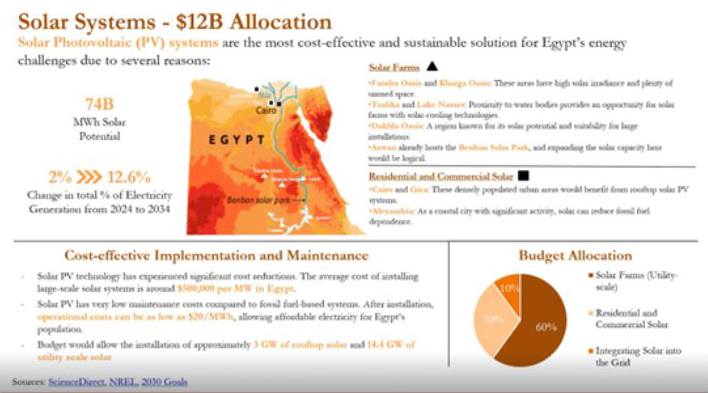A group of ambitious students from the University of Houston and Texas A&M University, identifying as the “Dream Team,” secured third place in the prestigious global Switch Competition. This annual virtual event, sponsored by the Switch Energy Alliance, challenges university students to develop innovative solutions for addressing energy poverty worldwide — a critical issue affecting millions.



The team is comprised of Sarah Grace Kimberly and Pranjal Sheth, both senior finance majors at UH, and Nathan Hazlett, a finance graduate student at A&M who previously earned a bachelor’s degree in petroleum engineering. Competing against 145 teams from 34 countries, the trio’s interdisciplinary approach and emphasis on sustainability and economic feasibility helped them place and win $5,000.
“The Switch Competition tackles major issues that we often don’t think about on a daily basis in the United States, so it is a really interesting and tough challenge to solve,” said Kimberly, who is passionate about energy issues and helping communities.
Sheth highlighted the importance of global awareness.
“People in the United States should be extremely thankful for the infrastructure and systems that allow us to thrive with power, food and water,” he said. “Texas went through Winter Storm Uri in 2021—people were without electricity for weeks, and lives were lost. It still comes up in conversations, but certain regions of the world, developing nations, live that experience almost every day. We need to make that a larger part of the conversation and work to help them.”
The team developed a comprehensive 10-year energy plan addressing energy poverty in Egypt and Turkey.

The team’s innovative strategy prioritized the integration of renewable energy technologies such as solar photovoltaic systems, wind energy and micro-hydro solutions, tailored to the unique needs and challenges of the two countries. Highlights of the students’ plan included:
- Solar Expansion: Utilizing Egypt's high solar irradiance to develop rooftop and utility-scale solar farms, including innovative solar canopies over irrigation canals to reduce water evaporation while generating clean energy.
- Wind Development: Harnessing high wind speeds in Egypt's Gulf of Suez and Western Desert to expand wind power capacity significantly.
- Micro-Hydro Systems: Deploying cost-efficient technologies along the Nile for rural electrification and agricultural support.
- Economic and Social Impact: Their plan projected the creation of over 200,000 jobs, reduction of energy costs, and a transformative impact on rural communities by improving energy access.
“I want to make an impact in energy finance, and I used a lot of those skills in this competition to help create a 10-year energy plan that contributed to better economics, integrated with legislation and ultimately benefited human beings,” Sheth said.
All three students are graduating seniors and will be starting their careers as full-time investment banking analysts next summer.
Kimberly said case competitions are great opportunities for students.
“They are a fantastic way to fund your education, meet new friends and connect with employers,” she said. “Even if you don’t win, you are learning something with every presentation you do.”
The team’s efforts exemplify the vital role young leaders can play in addressing global challenges and coming up with thoughtful, innovative solutions to energy poverty. More than 3,200 students from 55 countries have participated in the Switch Competition since its inception in 2020.
To watch the video of the final round of the 2024 Switch Competition, click here.